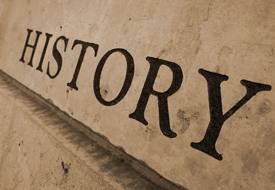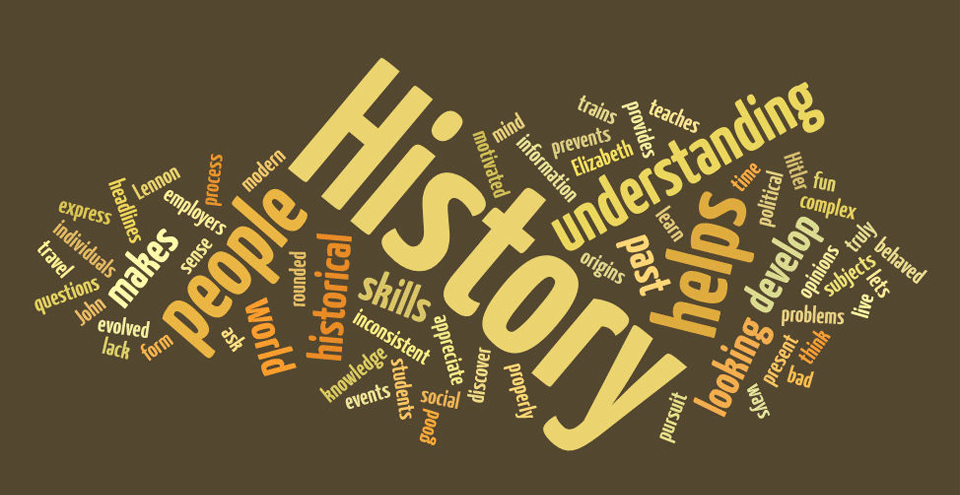When we think of history we most often think about lots and lots of books, letters, and oral traditions that have been passed down and finally recorded for future generations. Then there are the artifacts, and determining whether they are genuine or are frauds intended to deceive people from the truth.
 The problem with history in general is that determining the truth itself can be very challenging. All history actually comes from people, whose memories, customs, and traditions have changed over the years. The further you are from the time of a historical event, the more difficult it is to find the truth simply because of the amount of time that has passed. Memories fade and events recorded in the mind are rearranged based on any of 100 or more factors.
The problem with history in general is that determining the truth itself can be very challenging. All history actually comes from people, whose memories, customs, and traditions have changed over the years. The further you are from the time of a historical event, the more difficult it is to find the truth simply because of the amount of time that has passed. Memories fade and events recorded in the mind are rearranged based on any of 100 or more factors.
Then there are the socioeconomic issues that have us understanding history from a historical bias. The issue of literacy 500 or 100 or more years ago is huge because there was a time when only royalty in many cultures were able to read and write. This does not mean they were recording their perspectives for history in a diary, so history often reflects the life and culture of a people from the perspective of the upper class members of society.
These realities mean that even when we think we have the whole story to an event, we need to see if the facts have been accurately recorded from all members of the social and economic cultures in a society, not just one. Many times the artifacts speak to us without a single letter inscribed on the object. Scientific investigation and technology have allowed historians to gather important information that confirms or clouds the lessons of history.
All this requires a true historical to constantly challenge their views until all the evidence has been gathered. But usually there is new evidence that appears that changes the meaning of the current evidence. One of the misunderstandings about history is that it is less about people, and more about events. But it is the people who made those events possible. Documentation from eyewitnesses and documents that were thought never to have existed turn up regularly. We can never be sure what box of letters may be found on an unknown island or what someone uncovers from going through that old trunk in the attic.
Perhaps the greatest challenge of learning history is that we can never be certain to have the complete story. In days gone by, history was taught as a facts and figures discipline. Names, dates, places, and events were what most people learned in school. Fortunately, there has been a shift to focusing on the people who made history possible, and those who were recording it. History has become somewhat of a moving target to learn about, as it changes with every new discovery. History has been ignored in favor of technology and the latest Internet viral video, and the challenge may be to realize how relevant history is to our lives and to those around the world.

